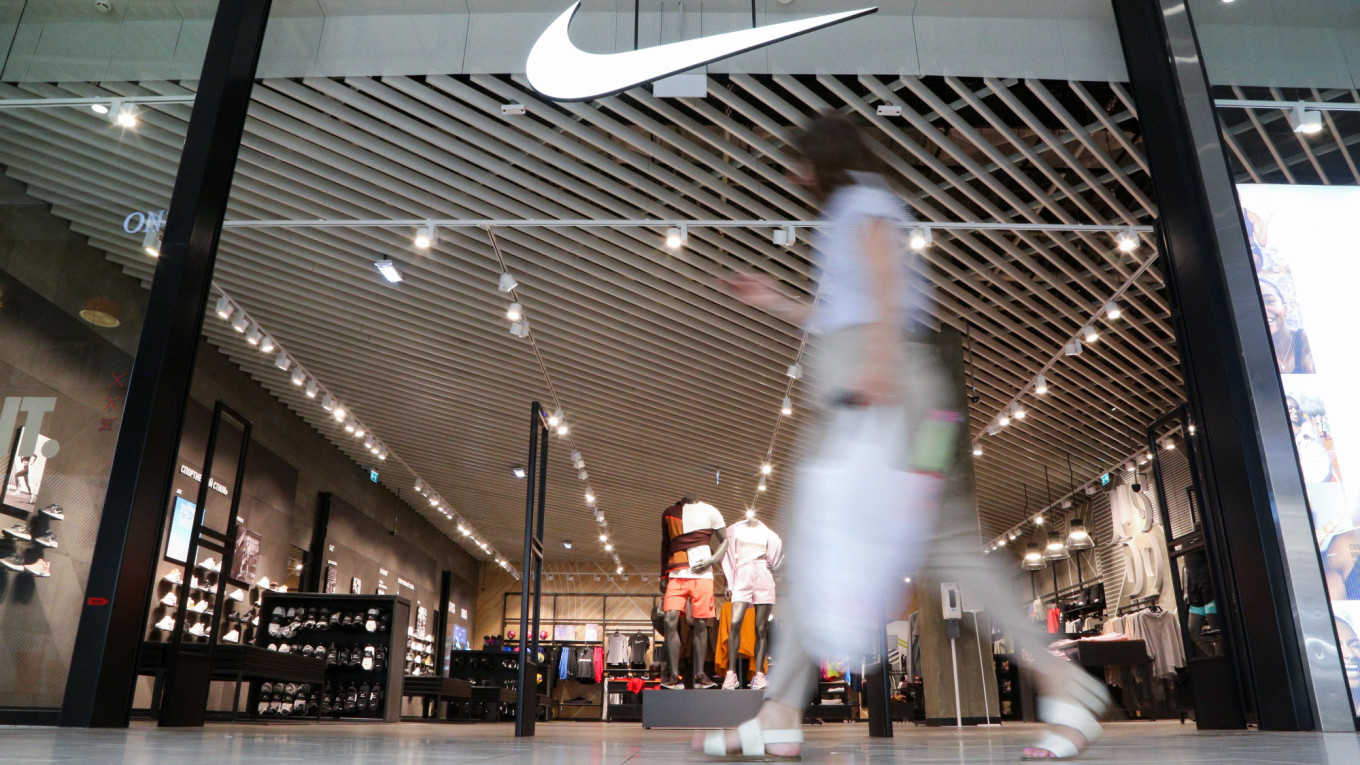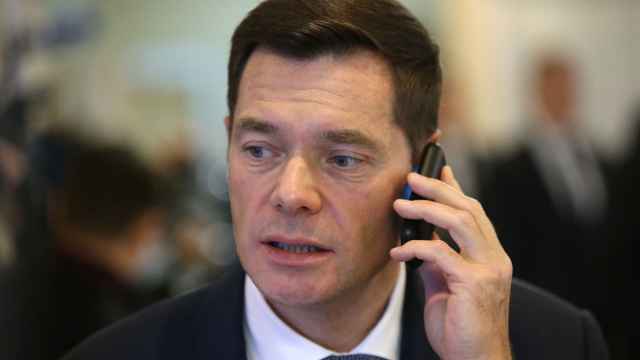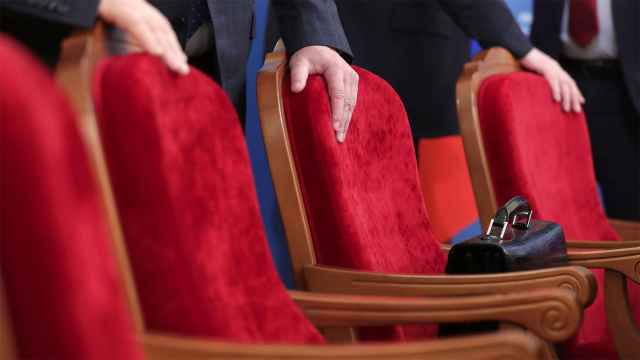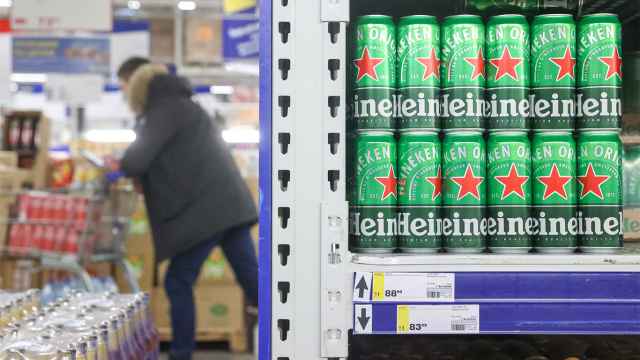Russian consumers enjoy continued access to Western brands like Nike and Lego thanks to a Dutch businessman who imports them via grey-market methods, Reuters reported Saturday.
Wijnand Herinckx, 40, has built a “thriving” business ferrying these brands’ products into Russia after they exited the country in 2022 over the war in Ukraine, Reuters said, citing customs data, corporate records, internal company documents and Herinckx himself.
Businesses like his underscore the challenges Western countries face in trying to make Russian consumers feel the isolating impact of the war by cutting them off from popular Western brands like Apple and Zara.
“Nike does not want their products to be shipped to Russia,” Reuters quoted Herinckx as saying in a video call. “They are also not telling us not to do it.”
Herinckx’s firm purchases these products using intermediaries with no apparent connection to Russia, ships them to Russia, often via Turkey, and finally delivers them to retailers.
He told Reuters that his Russian firm employs 82 people and forecasts revenues of 35 million euros ($37 million) this year, up from $23.7 million in 2023.
Nike and Lego told Reuters they had not authorized Herinckx’s imports of their products to Russia.
Herinckx said that he deals in consumer goods not subject to sanctions on Russia, and Reuters said it found no evidence of sanctions violations in his activities.
“But companies like Herinckx’s are indirectly helping the Russian economy: Consumers can still buy foreign goods they’ve grown used to since the collapse of communism more than a generation ago,” the agency wrote.
His firm is one of dozens of businesses employing grey-market tactics to import goods to Russia from brands that left the country in response to the invasion.
Over 1,000 foreign companies have announced that they are ending or curtailing operations in Russia since the invasion of Ukraine, according to a tally by researchers at the Yale University School of Management.
Russia allowed firms to import products from abroad without the trademark owner’s permission amid the mass exodus of foreign businesses in 2022.
These so-called parallel imports totaled more than $70 billion in the two years up to the end of 2023, Russia said.
A Message from The Moscow Times:
Dear readers,
We are facing unprecedented challenges. Russia's Prosecutor General's Office has designated The Moscow Times as an "undesirable" organization, criminalizing our work and putting our staff at risk of prosecution. This follows our earlier unjust labeling as a "foreign agent."
These actions are direct attempts to silence independent journalism in Russia. The authorities claim our work "discredits the decisions of the Russian leadership." We see things differently: we strive to provide accurate, unbiased reporting on Russia.
We, the journalists of The Moscow Times, refuse to be silenced. But to continue our work, we need your help.
Your support, no matter how small, makes a world of difference. If you can, please support us monthly starting from just $2. It's quick to set up, and every contribution makes a significant impact.
By supporting The Moscow Times, you're defending open, independent journalism in the face of repression. Thank you for standing with us.
Remind me later.






